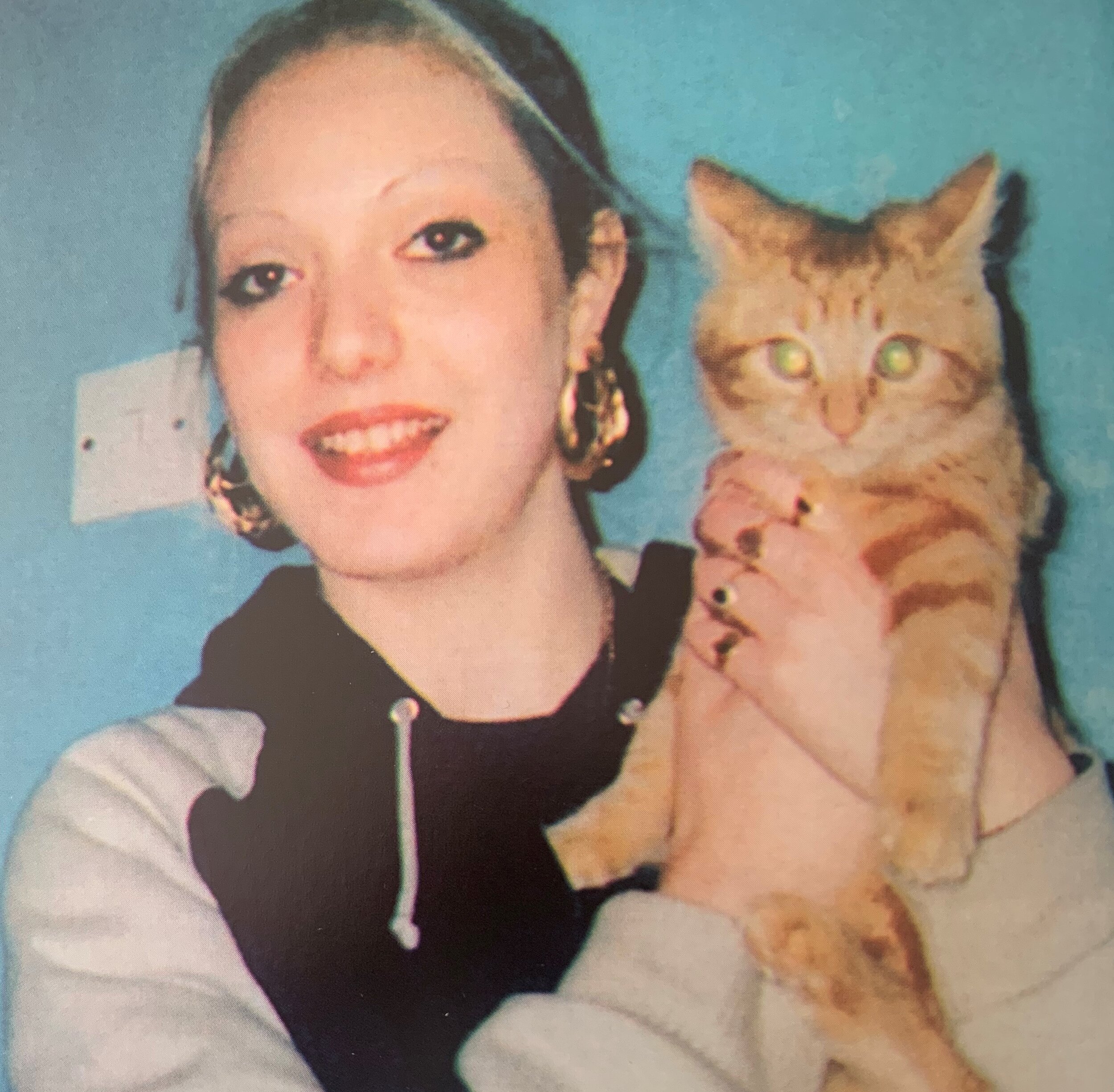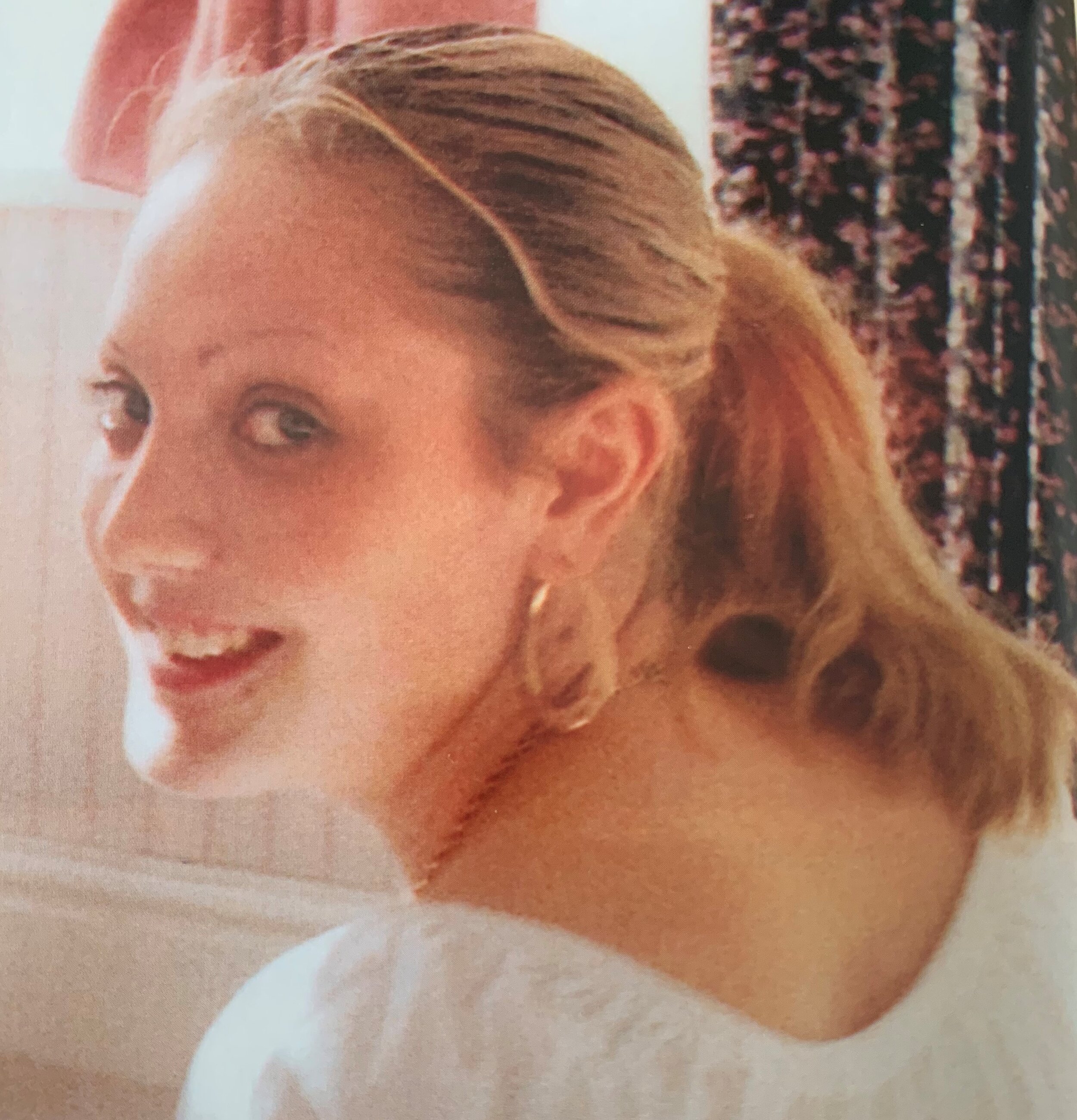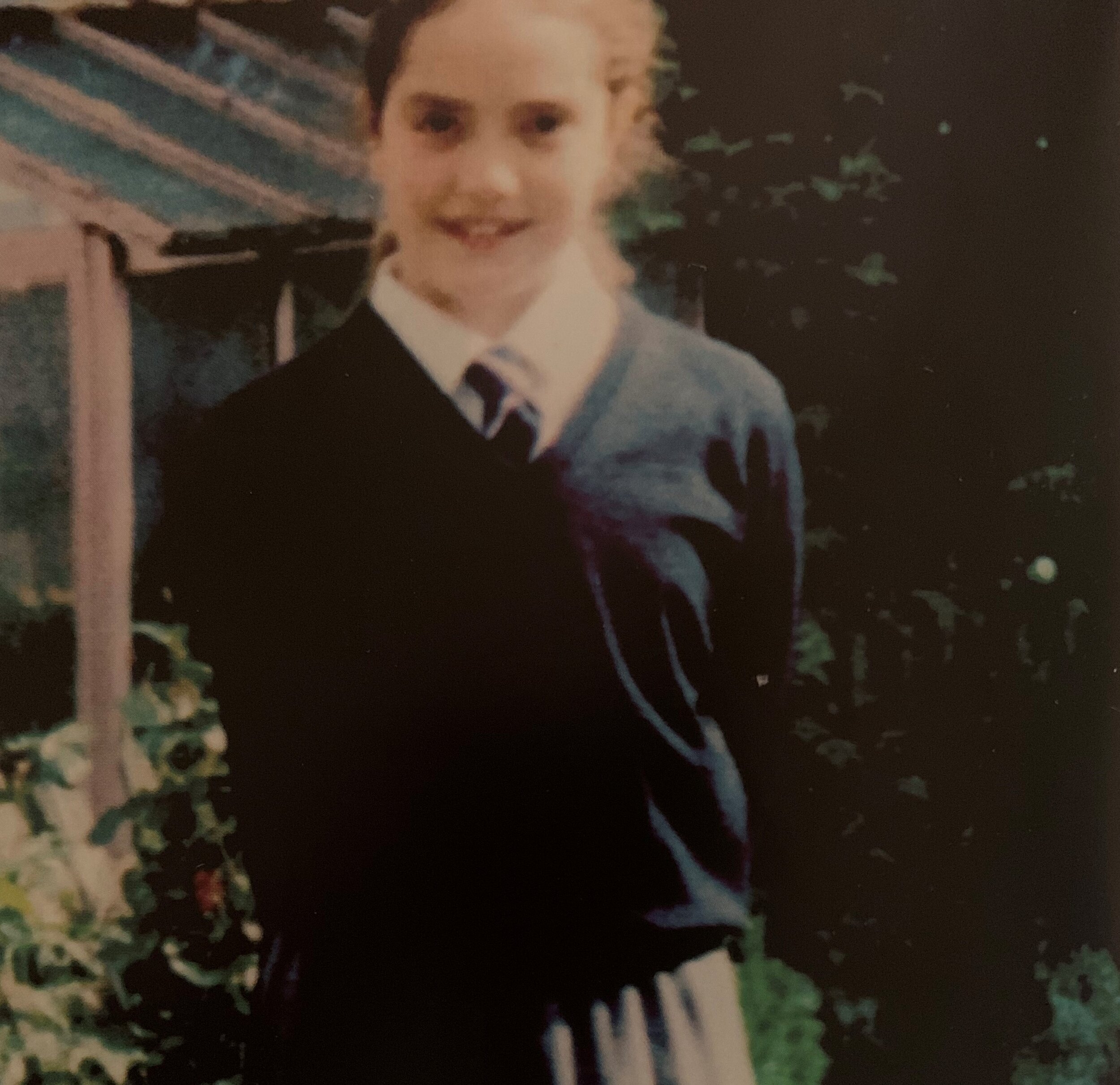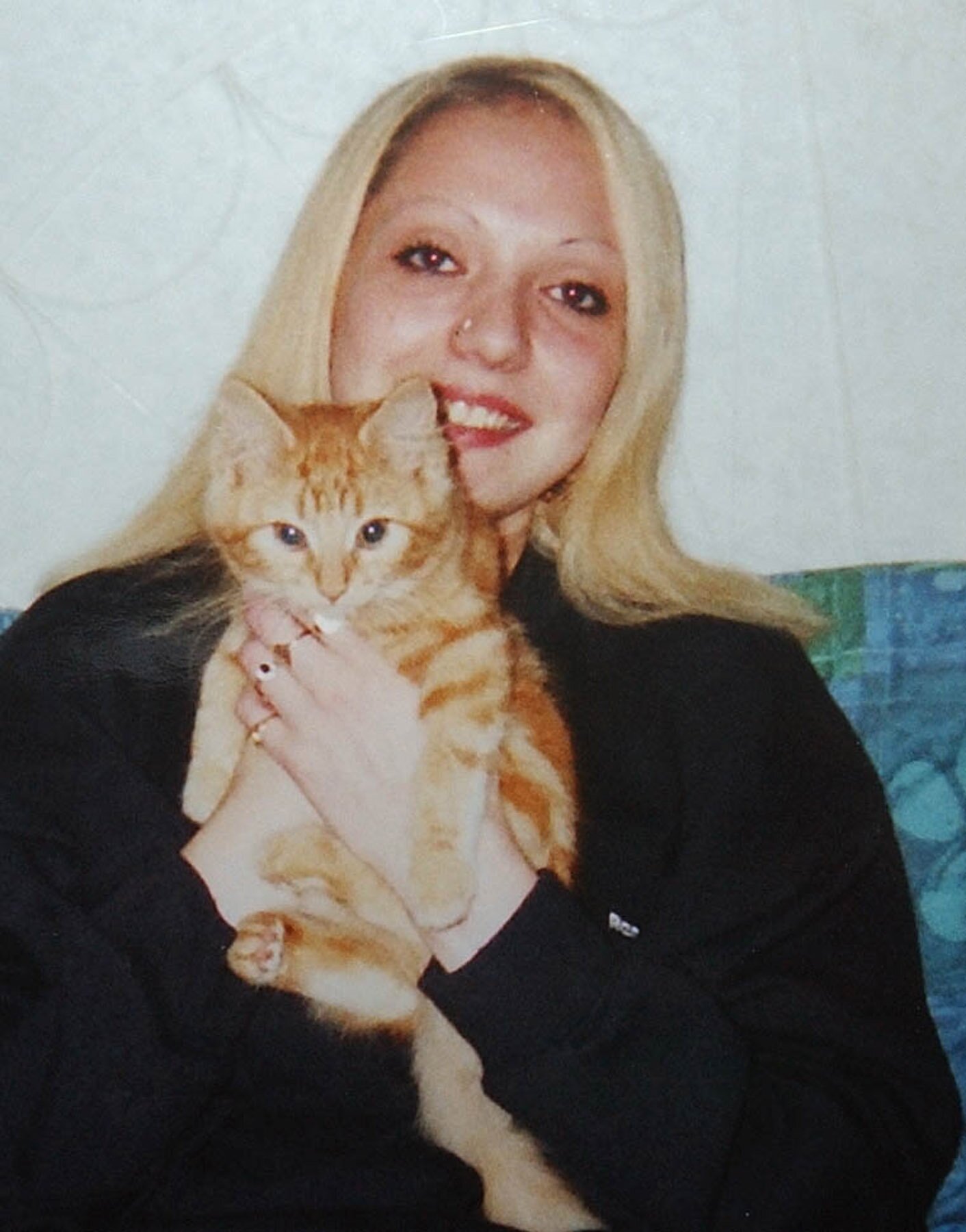The inside story of catching a killer
DEEPLY PERSONAL: Former detective Paul Davison has revealed his insecurities during the investigation into Rachel Moran’s murder. Picture by Tom Arran Commercial Photography
He was the figurehead of Humberside Police’s investigation into the disappearance and murder of Rachel Moran back in 2003, eventually bringing killer Michael Little to justice. But unknown to everyone other than his close family, Paul Davison was battling his own personal demons at the time. Here, he tells Rick Lyon - who reported on the case at the time - why he’s now decided to reveal all
It was one of the most high-profile murder investigations in Hull’s history.
The disappearance of Rachel Moran in January 2003 sparked the biggest search of its kind ever conducted by Humberside Police.
Rachel, 21, had celebrated New Year in a pub with her brother and friends.
She had stopped off at her parents’ house in Hall Road, north Hull, to get changed into her trainers before making the 20-minute walk back to her flat in Saxcourt, Orchard Park, in the early hours of the morning.
Her mother had pleaded with Rachel not to go but her beloved kittens, Speedy Tomato and Batman, were home alone after her boyfriend had decided to go to a party.
Rachel promised to call when she got home. She never did.
She was abducted by stranger Michael Little on her way back. He forced her back to his flat in nearby Nashcourt, where he attacked Rachel from behind, stabbing her more than 20 times in the head, neck and back with a kitchen knife.
Little, who was 23 at the time, also had sex with her. Police believe this happened after he had killed her.
Rachel was missing for four weeks before her body was found in Little’s flat. He was jailed for life in October that year after a dramatic trial at Hull Crown Court.
At the centre of it all was Detective Superintendent Paul Davison – the individual with ultimate responsibility for first finding Rachel, then bringing her killer to justice.
Now, for the first time, he’s told his story.
His self-published book, Rachel, reveals the huge pressure he felt as the senior investigating officer (SIO) in such a huge case.
It also divulges the personal issues he was facing at the same time as trying to run the highly complex operation. It is a side of him, he says, few people have seen or would recognise.
“I wrote it for my family, first and foremost,” Paul tells The Hull Story.
LOVED: Rachel Moran went missing on New Year’s Day, 2003. Image courtesy of Rachel’s family
“They were the ones living with me when all this was happening and they saw how much I was struggling to cope.
“People who have read the book have been very kind with their comments but some questioned whether I was right to be as brutally honest as I have. I didn’t write it for the wider public initially though, I wrote it for those close to me.
“The vulnerabilities are there in the book because it’s a true story and I’ve tried to tell it as truthfully as possible.”
Paul reveals how, despite his profile as a high-ranking detective, he had always battled against a crippling inner shyness the majority of his colleagues in the force were completely unaware of.
At the time of Rachel’s disappearance, his confidence was at an all-time low after facing disciplinary procedures for separate allegations made against him in the force of racial discrimination and sexual discrimination.
He was eventually exonerated on all counts but the impact on him was profound. Paul was left anxious, stressed and wary of people.
He believes he suffered a nervous breakdown.
“A lot of people were very aware of the investigation into Rachel’s disappearance but they haven’t had that insight into what was going on behind the scenes,” says Paul.
“People won’t have realised the state of mind I was in when all of this was going on. I’d lost all of my confidence after what happened to me. It had a real impact on me as a person.
“I was completely vindicated but the police disciplinary procedure is quite brutal and lots of other officers of all ranks suffered from it too.
“I don’t want anyone feeling sorry for me but this is a true story, so I had to tell the truth about how I was feeling at the time. If I glossed over the way the force dealt with me, I wouldn’t have been telling the full story.
“You can’t lead an investigation if you’re a shrinking violet. You’ve got to go in and put a performance on, so people believe in you.
CATHARTIC: Paul Davison wrote Rachel for his family and to highlight the efforts of officers in the case. Picture by Tom Arran Commercial Photography
“I was supposed to be this big character – a tall, slightly aloof, egotistical guy, strutting about, confidently leading an investigation – but the reality is, the opposite was true. I was really struggling to solve a complex case, and I was really struggling on a personal level.
“It’s a story people wouldn’t normally be able to read – they wouldn’t usually have that insight into the ups and downs, struggles and insecurities of a real SIO.”
Paul, who retired at the rank of Chief Superintendent in 2012 after 30 years’ service with Humberside Police, has published the book with the blessing of Rachel’s parents, Ray and Wanda.
He has remained in contact with them since the investigation and recently took them both a copy of Rachel.
“They are just incredible people,” he says.
“During the investigation I got a glimpse of the impact losing Rachel had on them, of that gut-wrenching sense of loss.
“Every second is like a lifetime of pain for them and it’s never going to end. They’ve shown such incredible fortitude and strength throughout.
“I can’t even imagine how you would go about dealing with what they’ve had to deal with.”
Rachel is one of two books Paul has written. The other, Natalie, covers the investigation into the murder of prostitute Natalie Clubb in 1998, when he was a Detective Chief Inspector.
For Paul, as well as writing for his family, it was important to pay tribute to the largely unsung efforts of the officers in both cases.
VICTIM: Rachel Moran. Pictures courtesy of Rachel’s family
“It’s quite remarkable what they did,” he says. “Both the books are a testament to the officers involved, to their unwavering dedication and forensic attention to detail.
“I wanted to highlight their incredible commitment. I’m just so proud of them and I believe it’s a story that needs to be told.
“I wrote both books for me, my family and to tell the story of the humble people on the investigations. Also, nobody had written about Humberside Police and really captured what it was like to be in the force at the time.
“Local Policing Teams (LPTs) were failing, we’d lost CID (Criminal Investigation Department) and we had an avalanche of crime.”
For Paul, who secured close to 29,000 votes when he ran as an independent candidate to become Humberside Police and Crime Commissioner after he retired from the force, writing the books proved to be a cathartic process. It also helped highlight to his three sons the importance of moral integrity.
With the case against Little seemingly in the balance during the trial at Hull Crown Court, and Paul believing it was slipping away, he and a colleague were made aware of fresh evidence that favoured the defence.
Despite knowing it could lead to Little’s acquittal, they presented it to the court so the jury were aware of all the available information.
Ultimately, the new evidence – which related to the movements of a friend Little had tried to frame for Rachel’s murder – didn’t save him. Little was ordered to serve a minimum of 25 years in prison before being eligible for parole after the jury saw through his lies and convicted him of murder.
“That was about integrity and living your life in the right way,” says Paul. “That’s what I’ve always tried to do.”
Rachel and Natalie are available to buy here.







